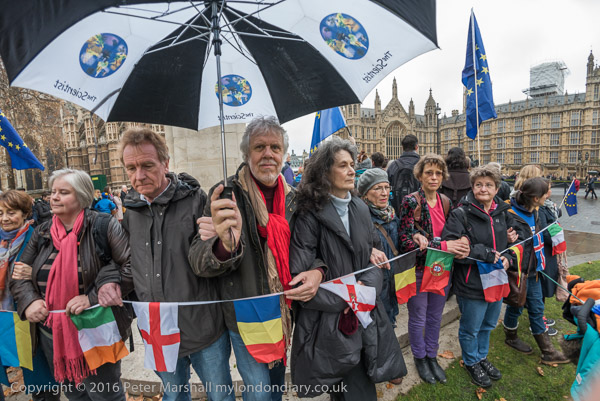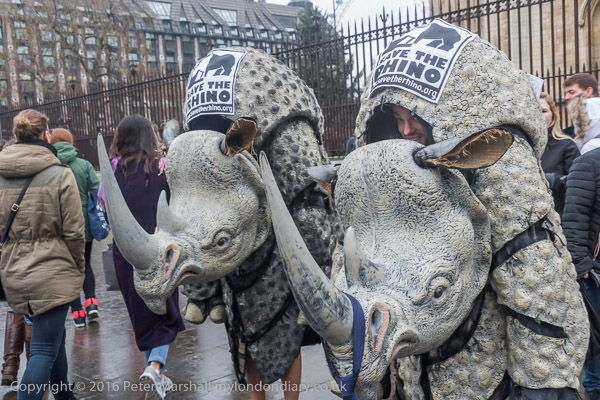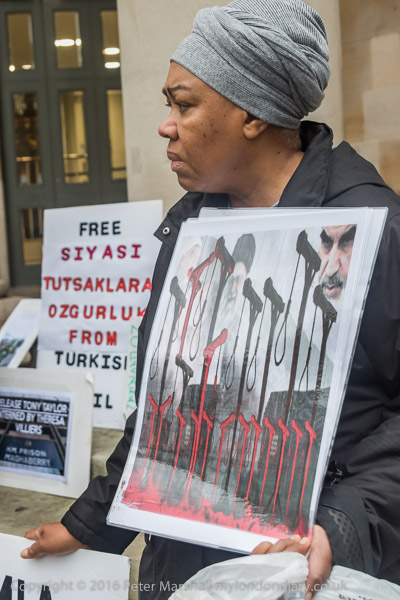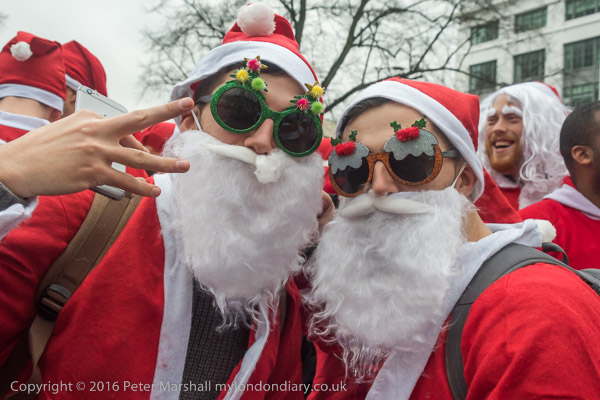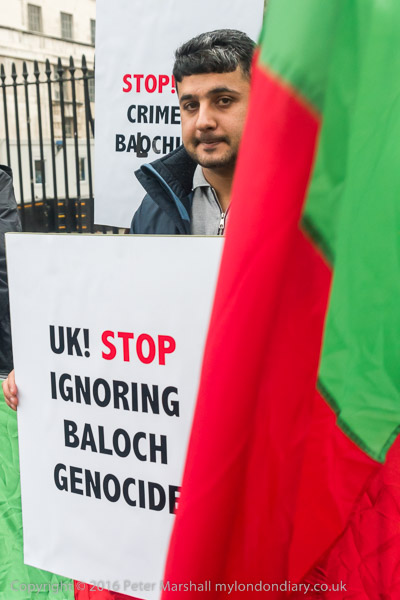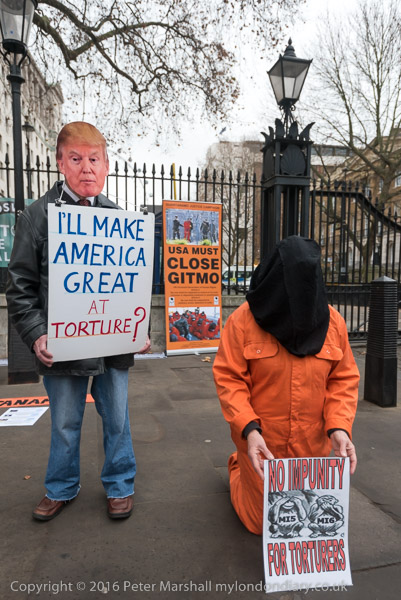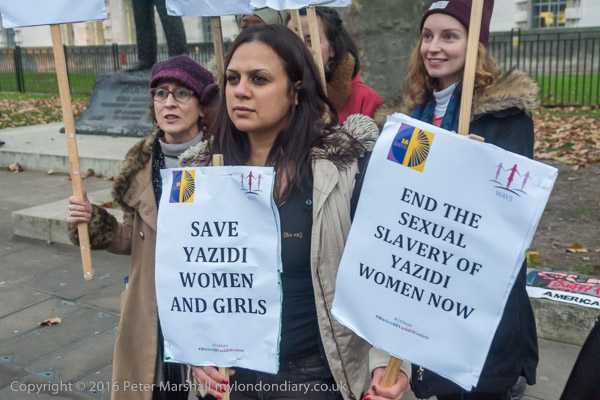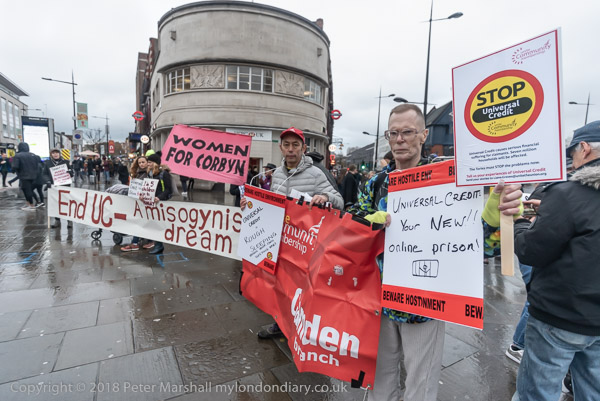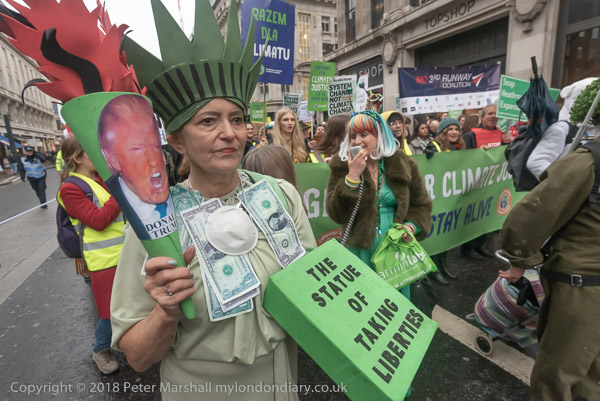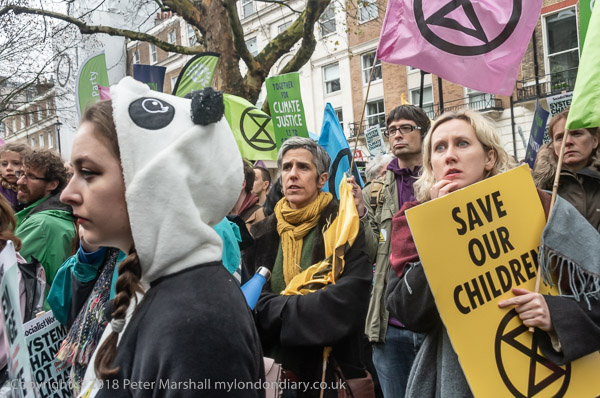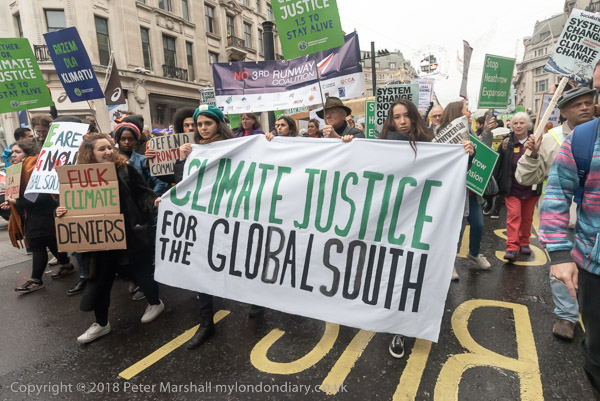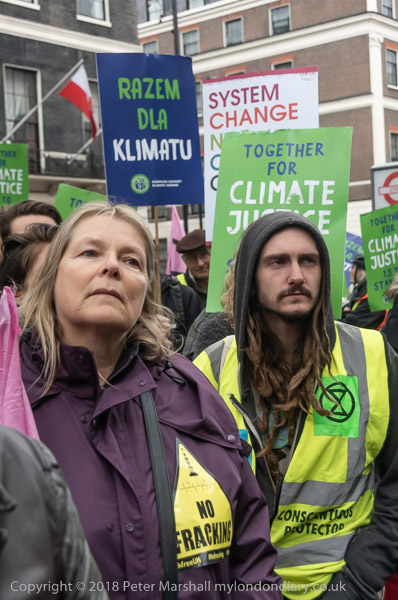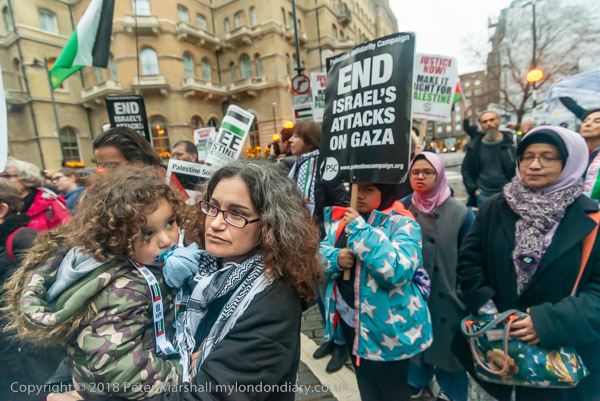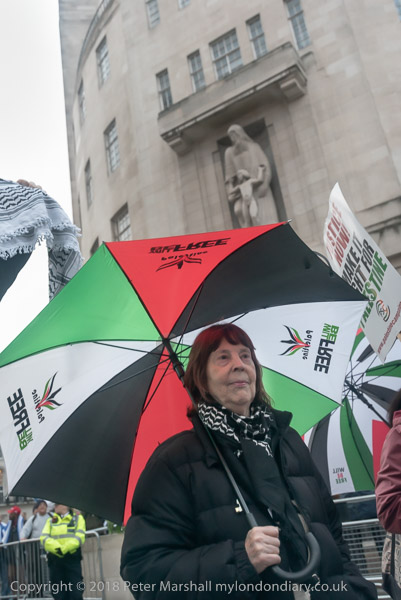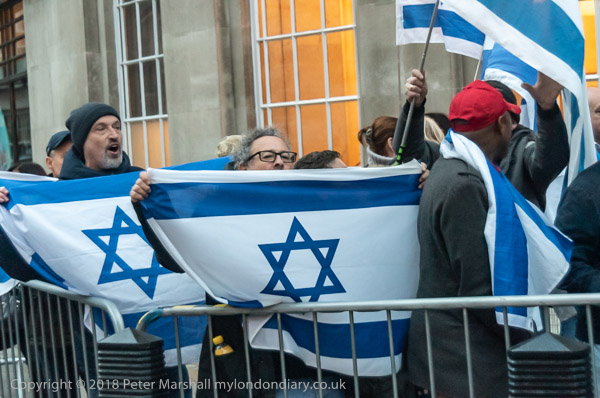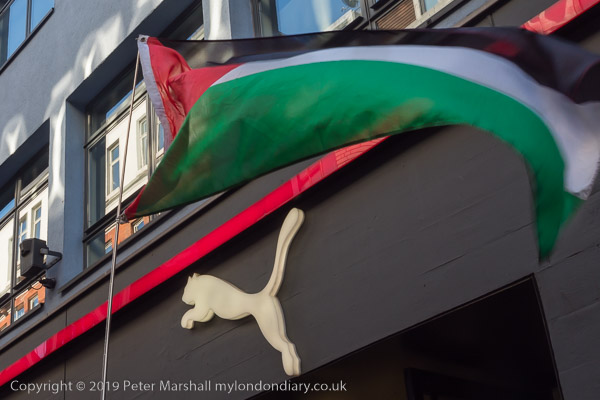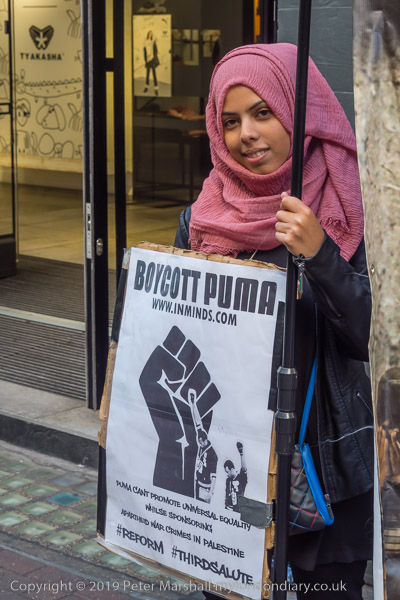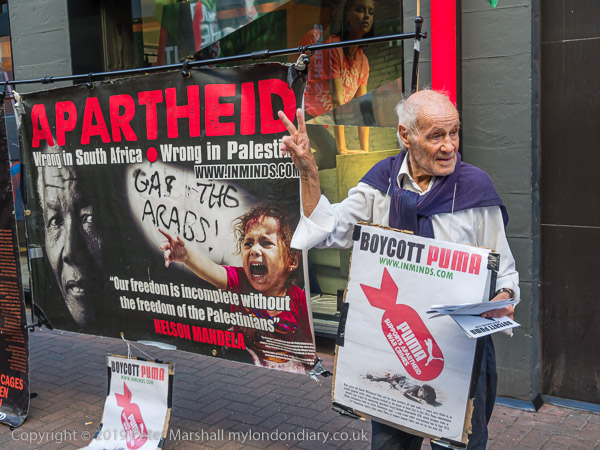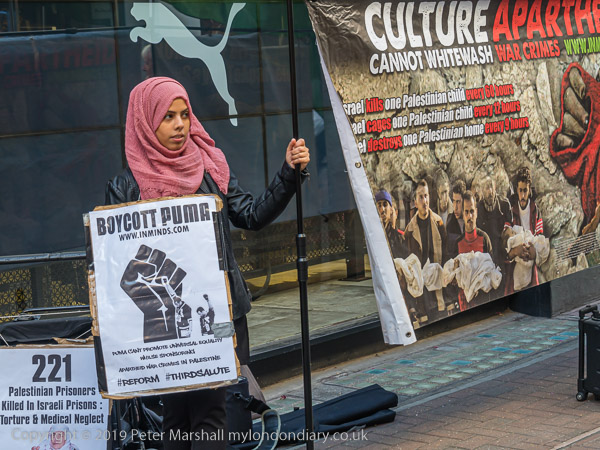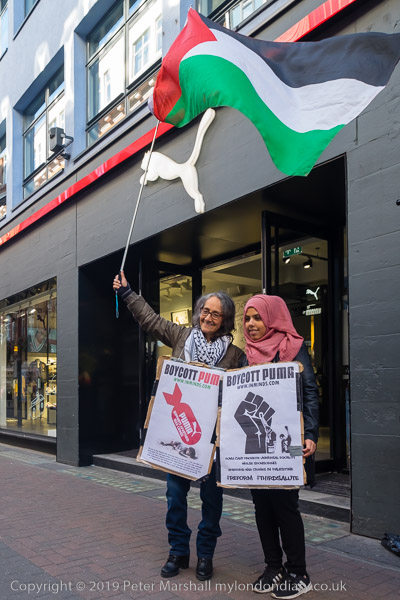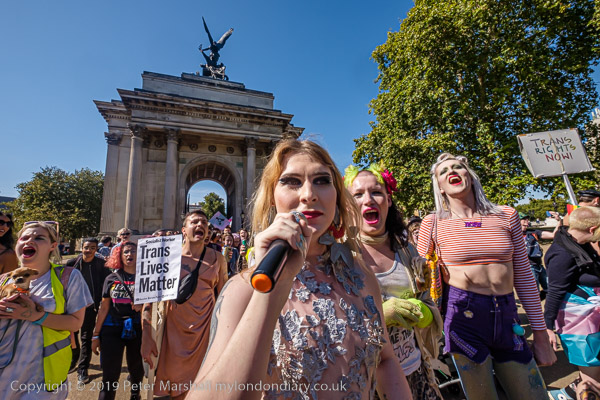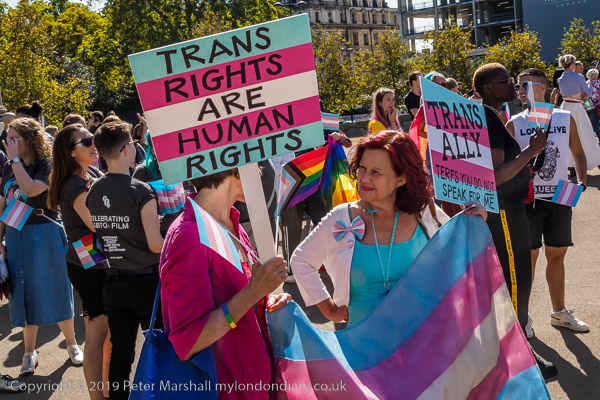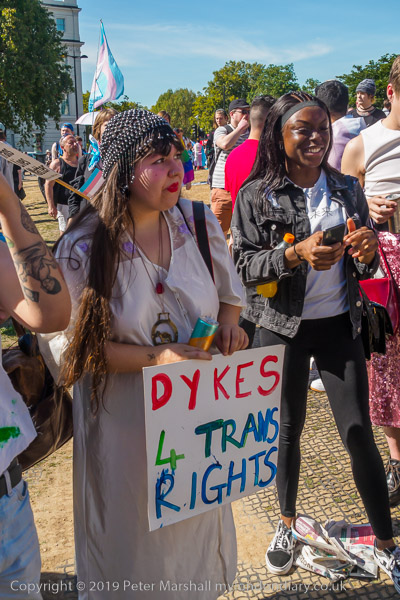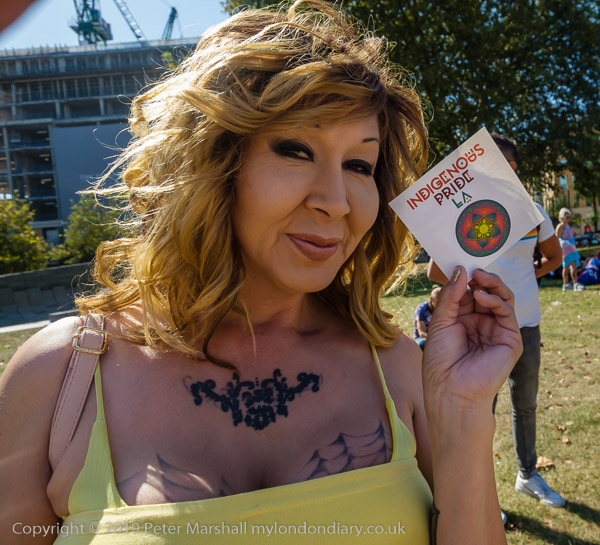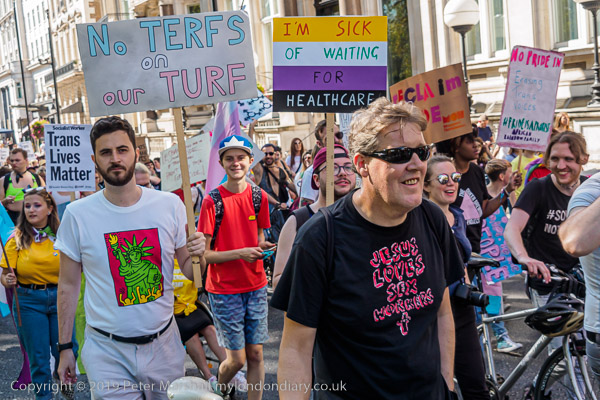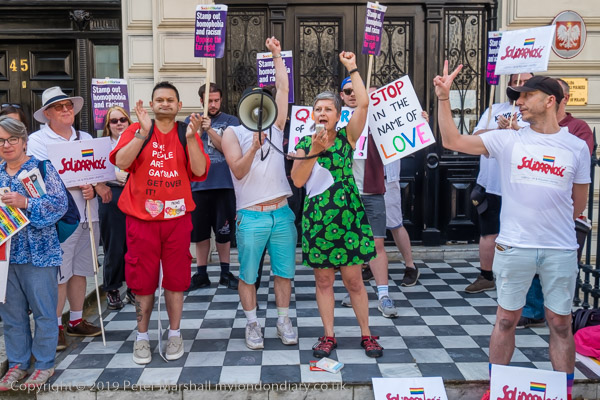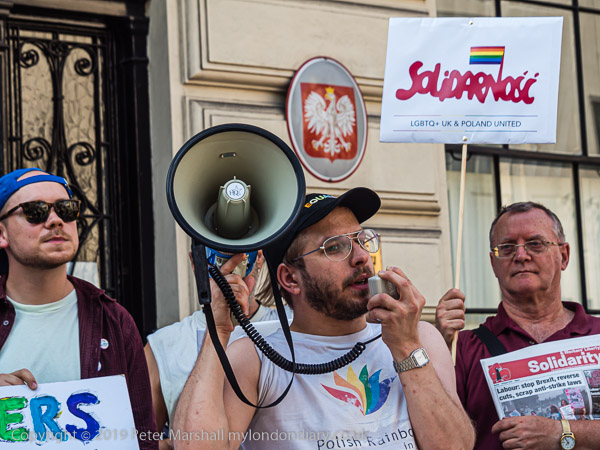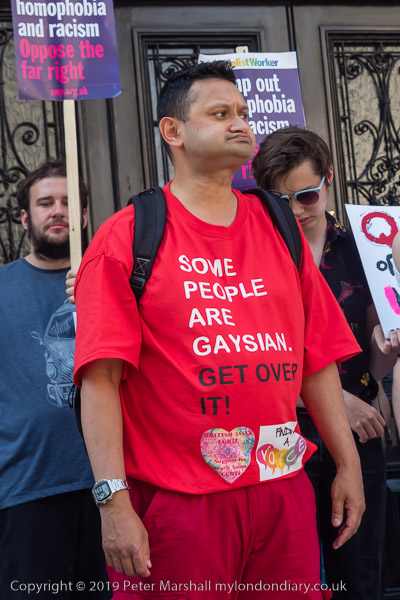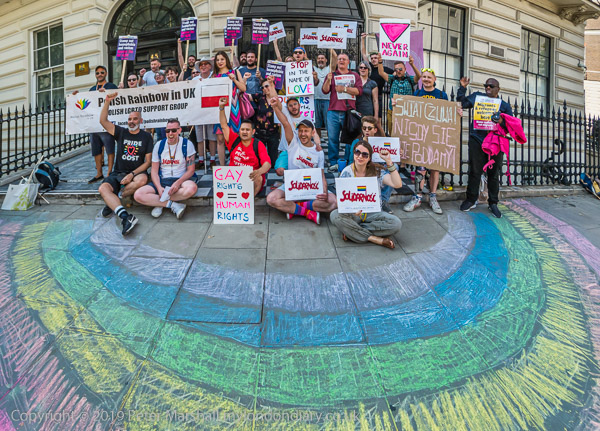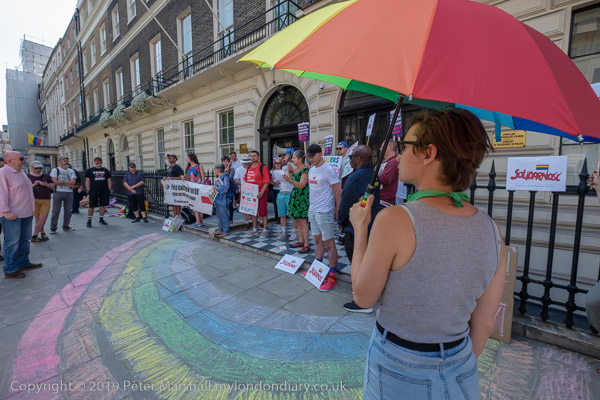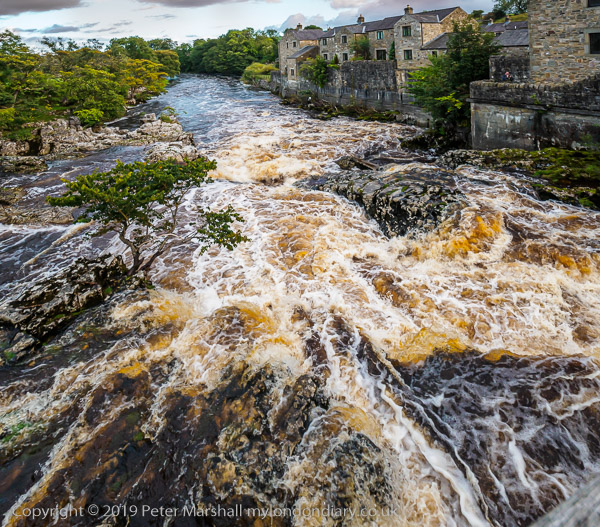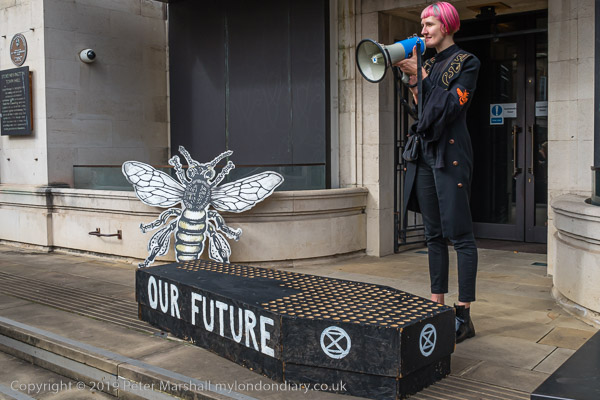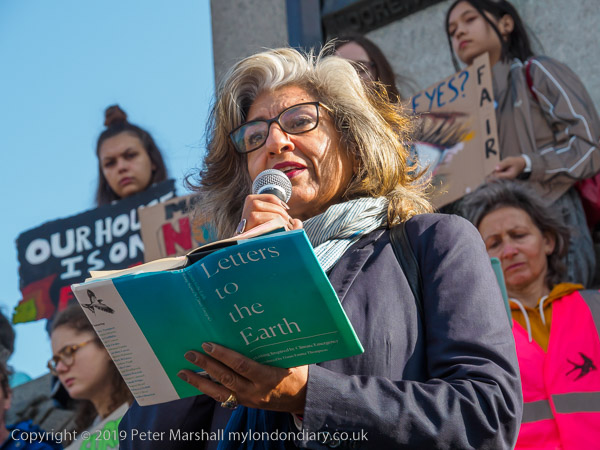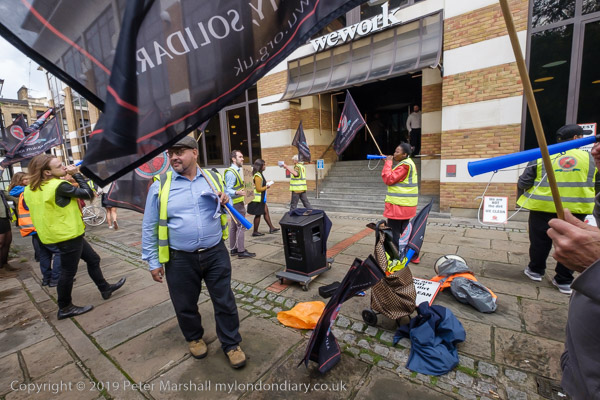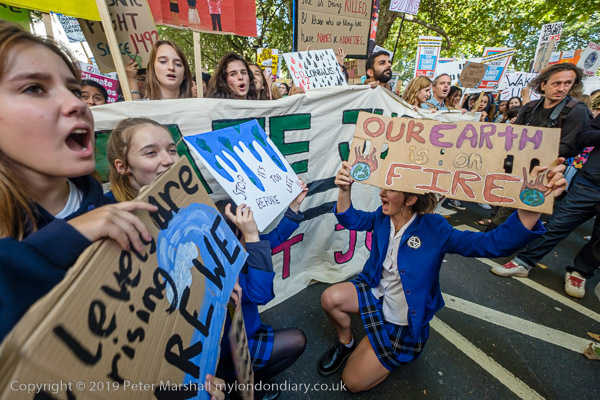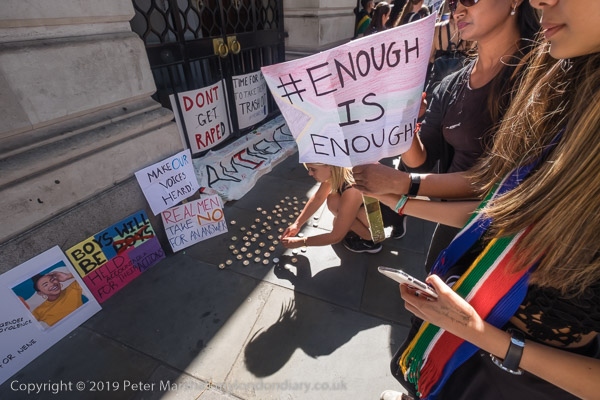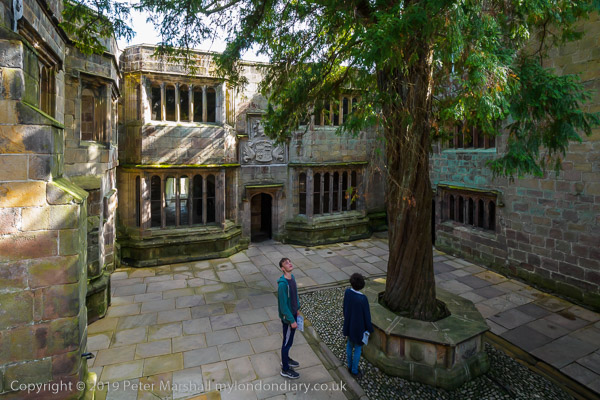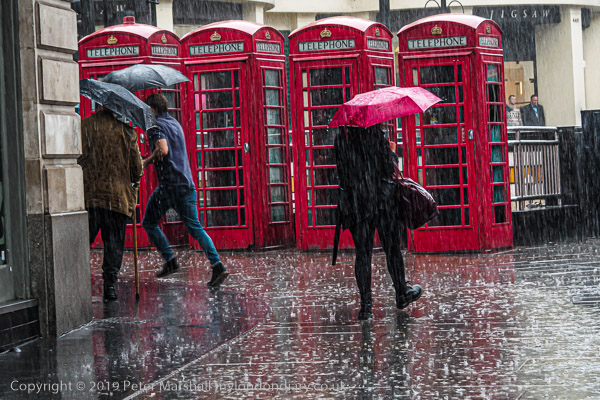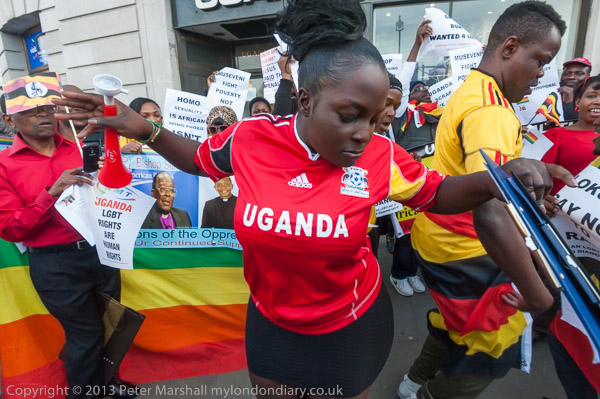
Wednesday 19th March was a busy day in London as it was Budget Day and also the day of the Fracked Future Carnival which had been planned to take place outside a meeting of the Shale Gas Forum in Kensington, and later at the Territorial Army base on Old St where that meeting had moved to in order to avoid the protest. And there was also a a protest calling from the repeal of Uganda’s draconian anti-gay laws.
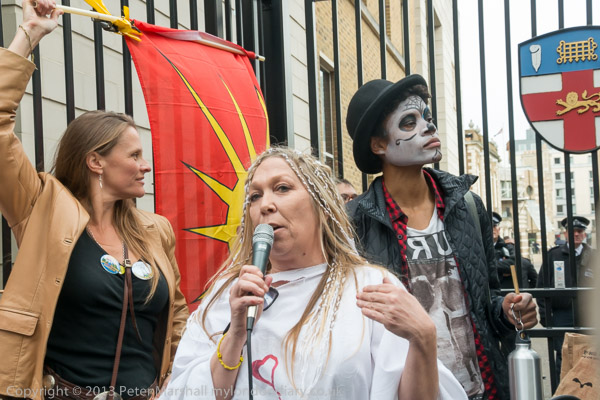
What all these protests had in common was that they would all have been illegal for various reasons had the current Police, Crime, Sentencing and Courts Bill been law. It will seriously restrict the right to hold protests, restrict their length and set noise limits and allow police to enforce restrictions even if protesters have not been told about them.
Public outcry followed the attack by police last Saturday on a peaceful vigil on Clapham Common – where the police had been ordered by the Home Secretary to take action (and she later expressed her concern when she saw the outrage it had caused.) Thousands went to protest the police actions the following day at New Scotland Yard, the Met Police HQ, and later in Parliament Square. And thousands turned up again to Parliament Square on Monday when the PCSC bill was being debated in Parliament.
Protests such as these – even in the absence of Covid – would be clearly illegal under PCSC – and police could shut down even a single person coming to protest. Only protests that are well-behaved, entirely ineffectual and preferably out of sight are likely to be legal.
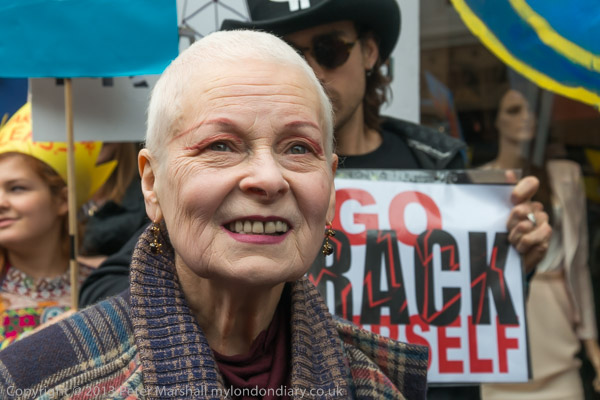
On March 19th 2014 I began my day at Battersea Bridge, marching across it with designer Vivienne Westwood and around a hundred supporters, mainly her students to the protest against fracking.
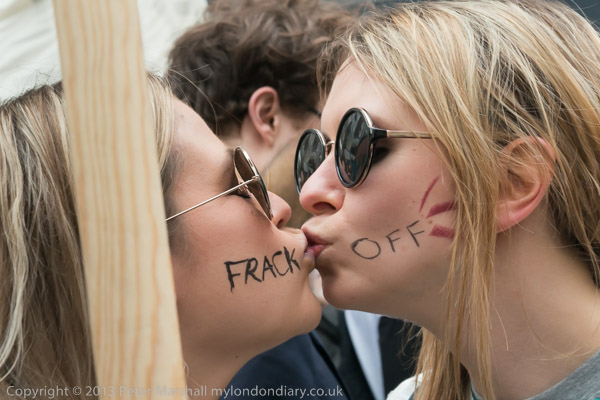
Although the Shale Gas Forum had made a last minute change of plans, moving their meeting to a secret location, the rally outside the Jumeirah Carlton Tower hotel in Cadogan Place went ahead as planned -as agreed with the police. There would have been much tighter restrictions under PCSC, and the police could have limited numbers and prevented the use of the public address system.
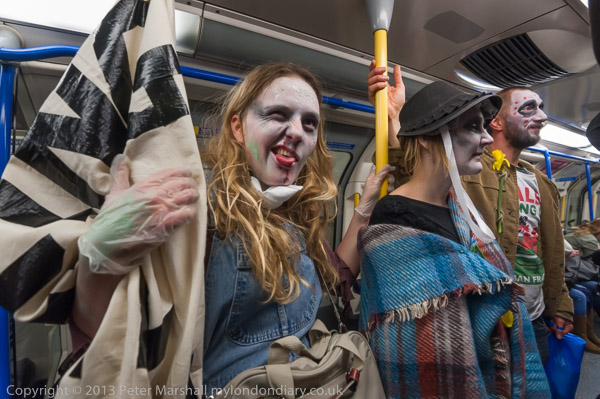
After several speeches the organises cut the rally short and told those at the protest to take the tube to Old Street station from where they would march to the ‘secret location’, which turned out to be the Territorial Army Centre in the Honourable Artillery Company’s grounds between Bunhill Row and Old St.
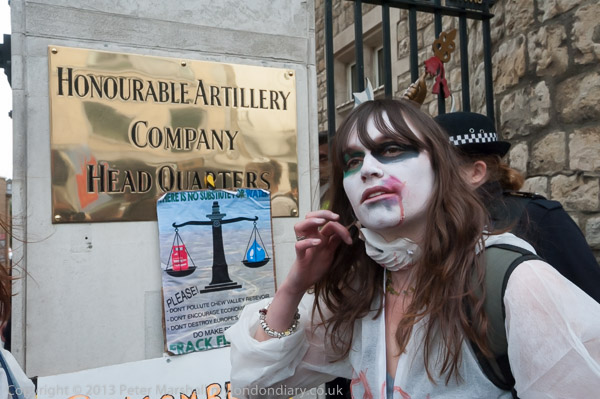
We arrived there and the protesters made a great deal of noise outside the gates in Bunhill Row, and then walked through Bunhill Fields to protest outside the Old St Gates.
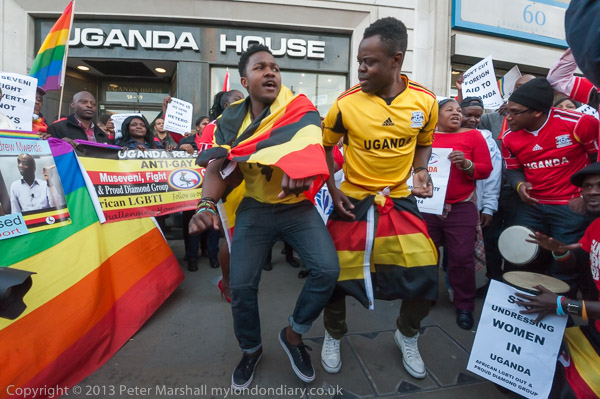
From Old St I took the tube to Charing Cross and walked the short distance to Trafalgar Square, where the African LGBTI Out & Proud Diamond Group and Peter Tatchell Foundation were filling the relatively narrow pavement outside Uganda House with a great deal of loud chanting, drumming and dancing calling for an end to anti-gay laws in Uganda.
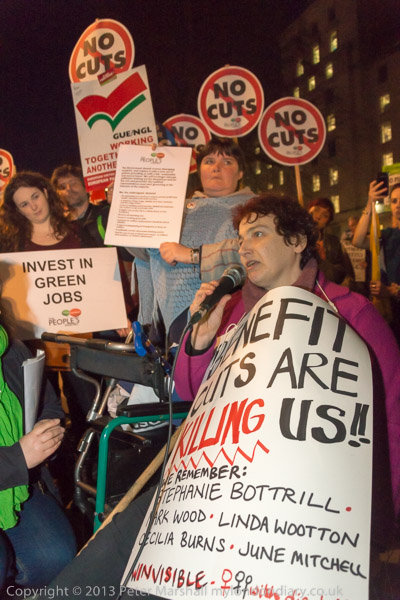
Later I joined Budget Day protesters around Parliament, and later at a rally called by the People’s Assembly opposite Downing St
Many more pictures on My London Diary:
People’s Assembly Budget Day Protest
Protest over Uganda Gay Hate Laws
Fracked Future Carnival at Shale Gas Forum
Fracked Future Carnival in Knightsbridge
Climate Revolution March to Fracked Future Carnival
All photographs on this and my other sites, unless otherwise stated, are taken by and copyright of Peter Marshall, and are available for reproduction or can be bought as prints.
